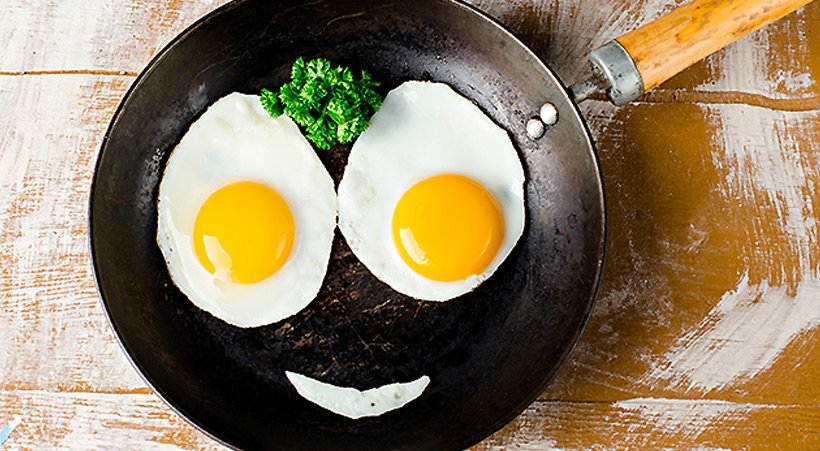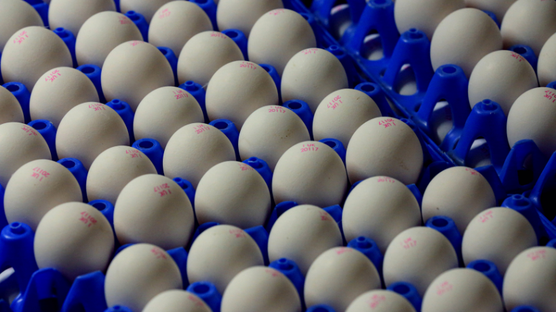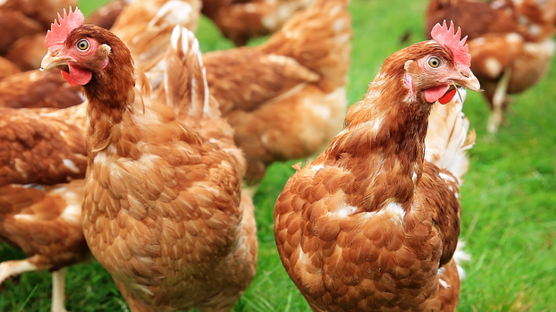
Published on Feb. 23, 2018
Egg consumption figures bring good news (and a cloud on the horizon)
There was good news and bad news for egg producers in February. Happily, its mainly good news, as British consumers continue to increase their consumption of eggs with great enthusiasm and eggs continue to be recognised as a versatile, safe and nutritious food.
First the good news
Retail egg sales topped 6bn in 2017 representing 5% growth in volume and 6% growth in value, meaning that sales are up for the 11th year running. 7bn in sales are forecast for 2020, driven by changes in advice on egg safety issued by the food standards agency.
And to top it all, now US research indicates that early egg consumption during pregnancy leads to brainier babies, and 12 eggs a week may even prevent macular degeneration.
Thanks to the range of world class genetics developed by Hendrix, the Joice and Hill hatchery achieved a 30% share of the market in 2017, as Bovans, Shaver, Dekalb White and the reintroduced Warren brands continued to deliver reliable, robust performance and longer cycles across all systems - backed by superlative nationwide technical field support.
So, what's the bad news?
Despite these encouraging figures which can only breed confidence across the layer sector, self-sufficiency in the UK has dropped steadily over the last decade and imported, non-Lion Code shell eggs represent a surprising 15% of shell egg sales. This is undoubtedly due to population growth and increasing egg consumption per capita, and shows there is still work to do on promoting the higher welfare standards of UK sourced eggs, to consumers.



